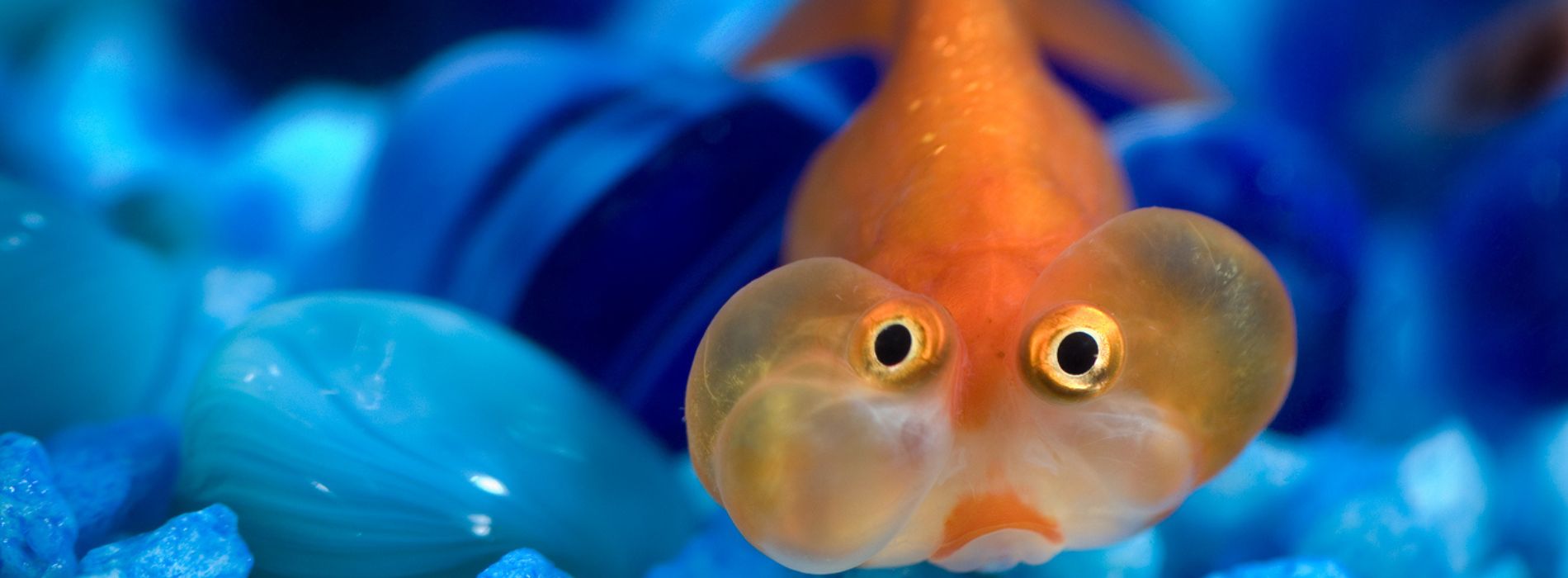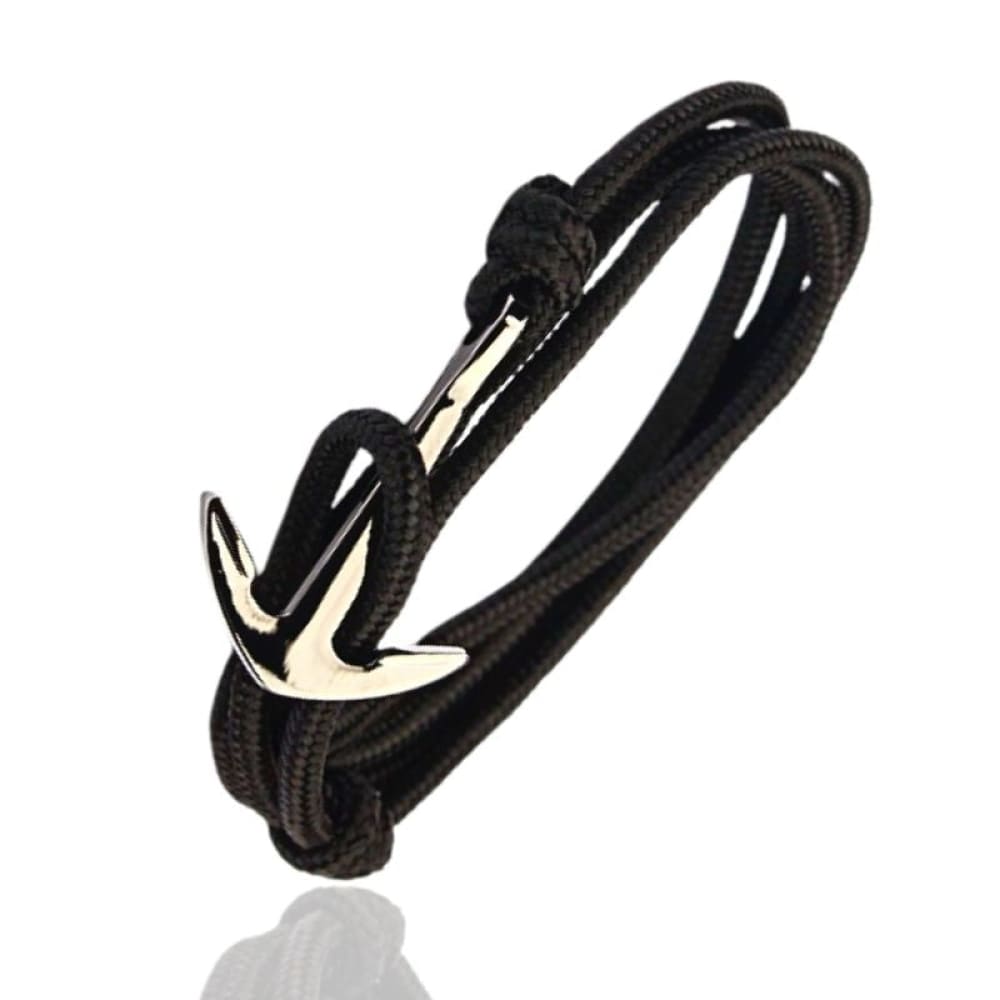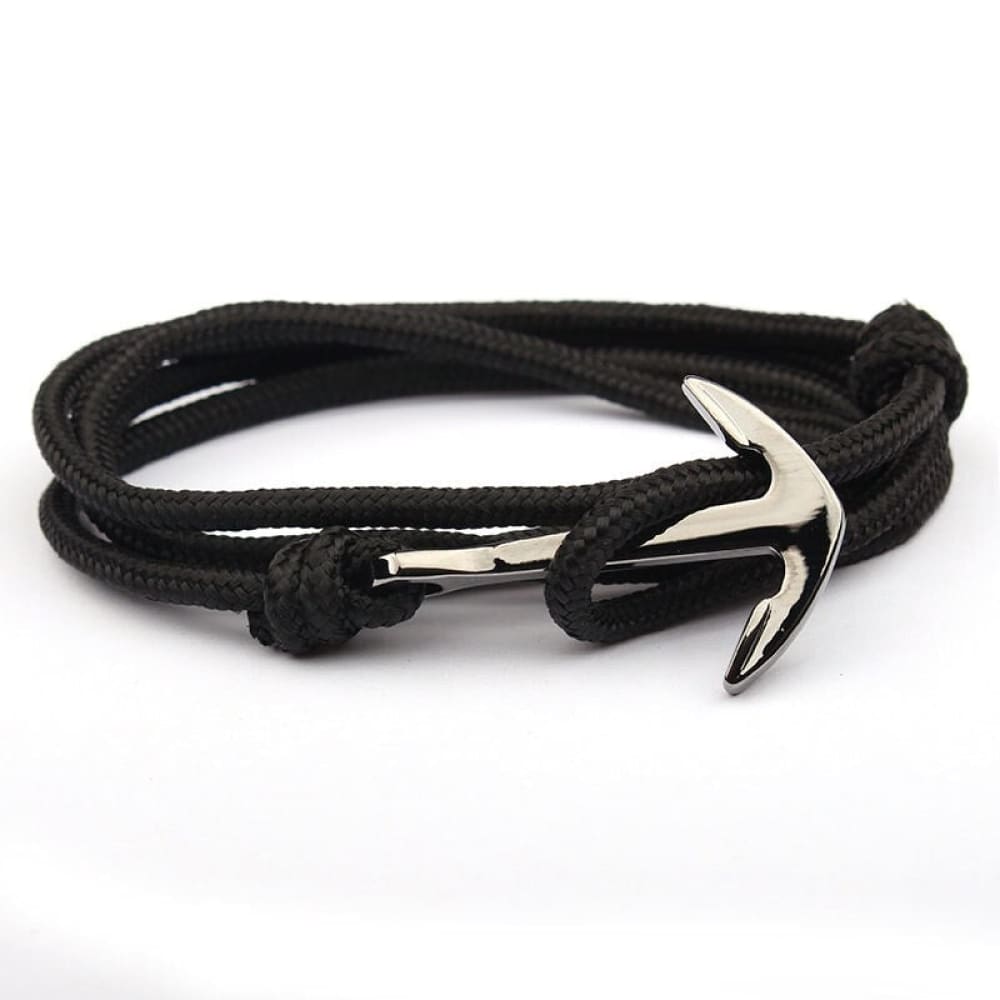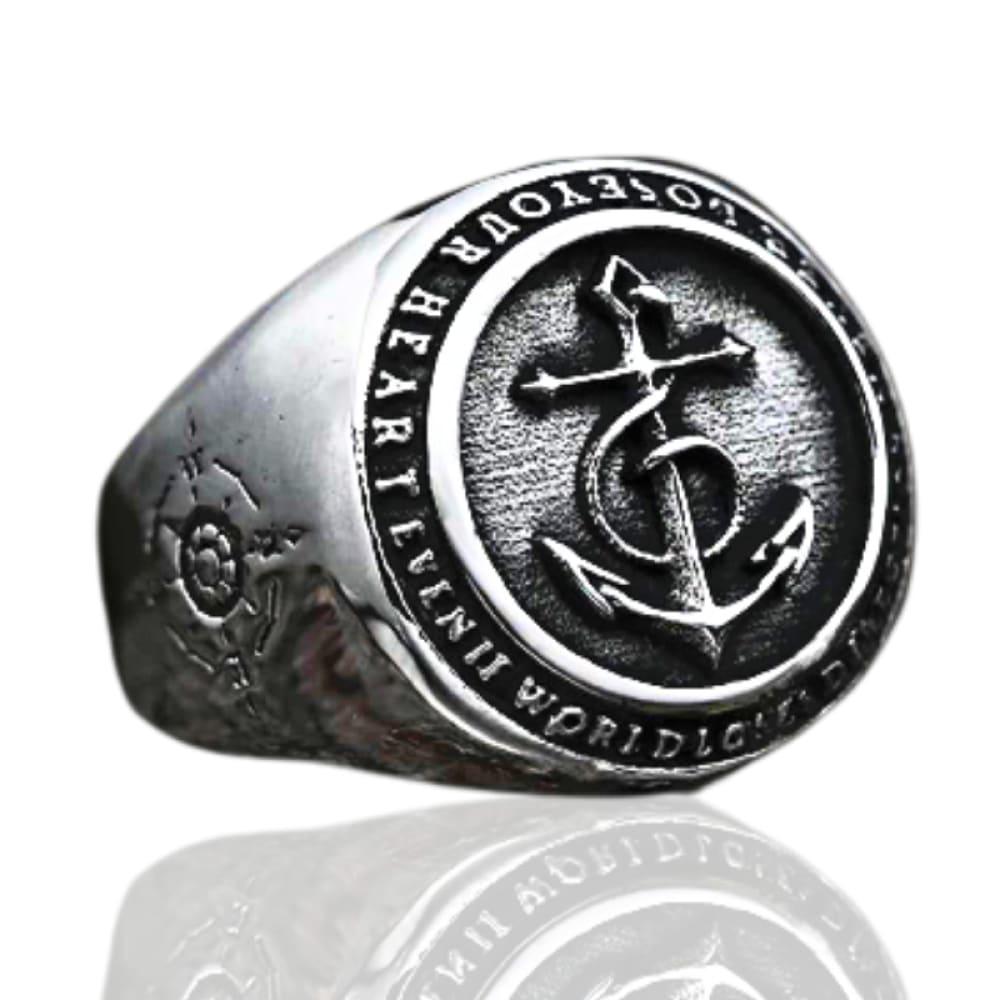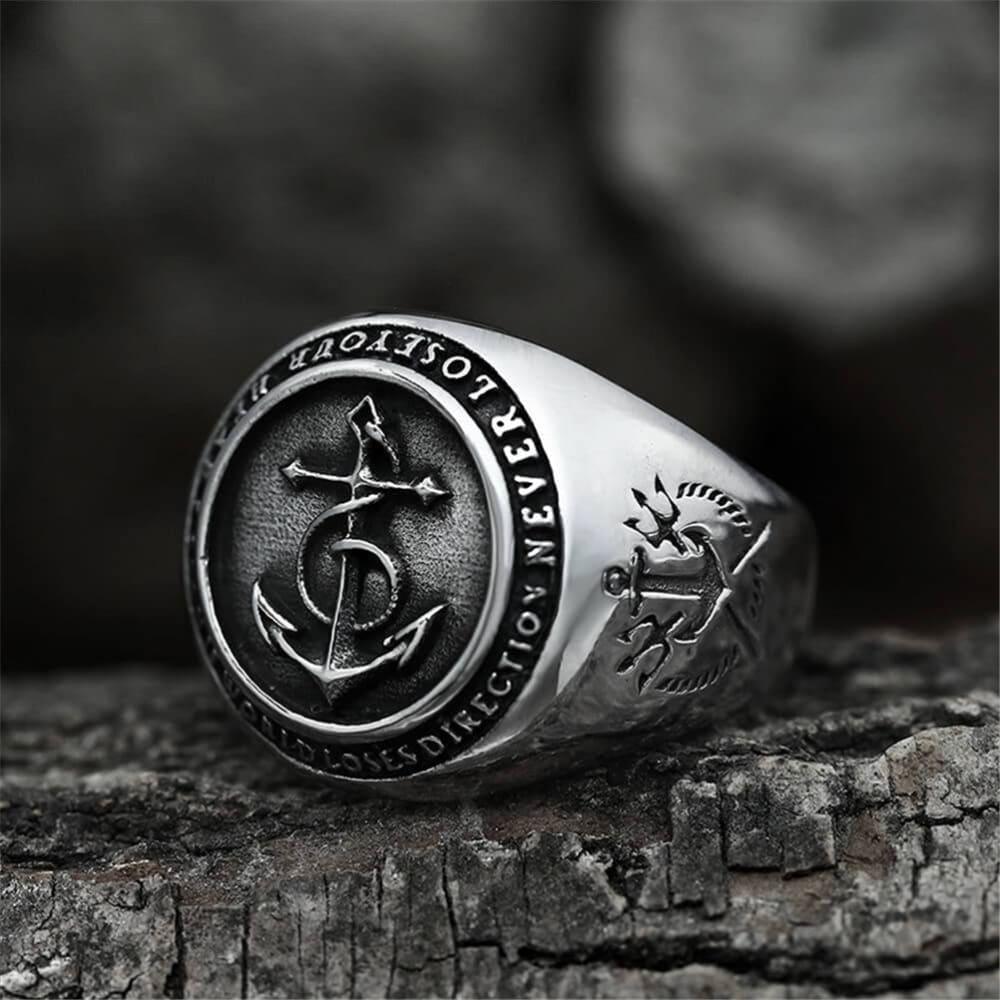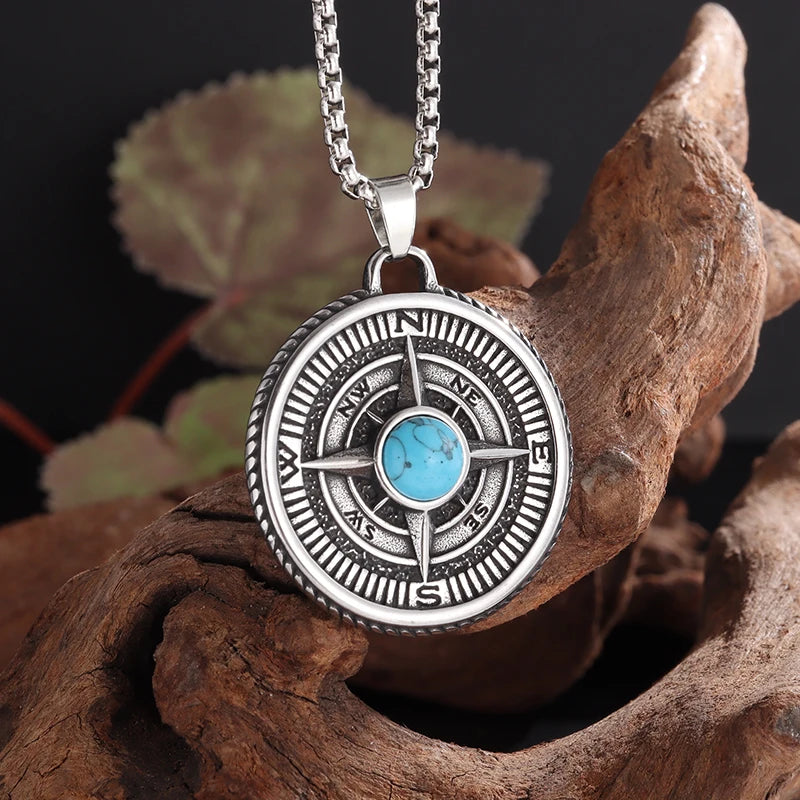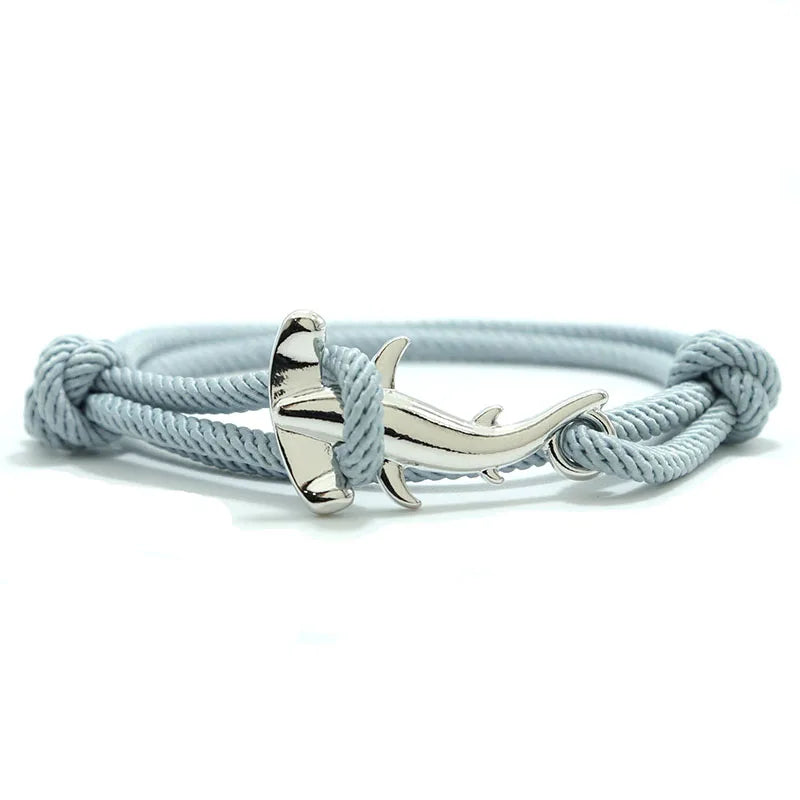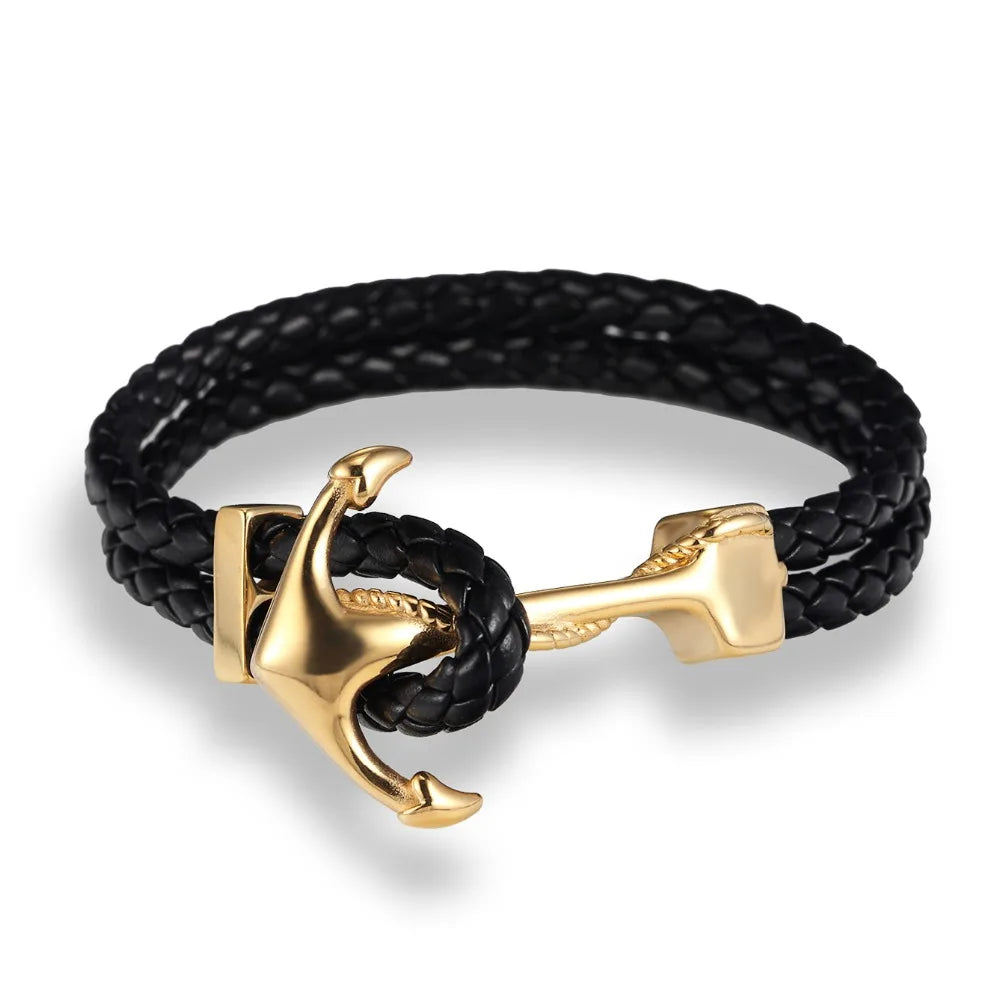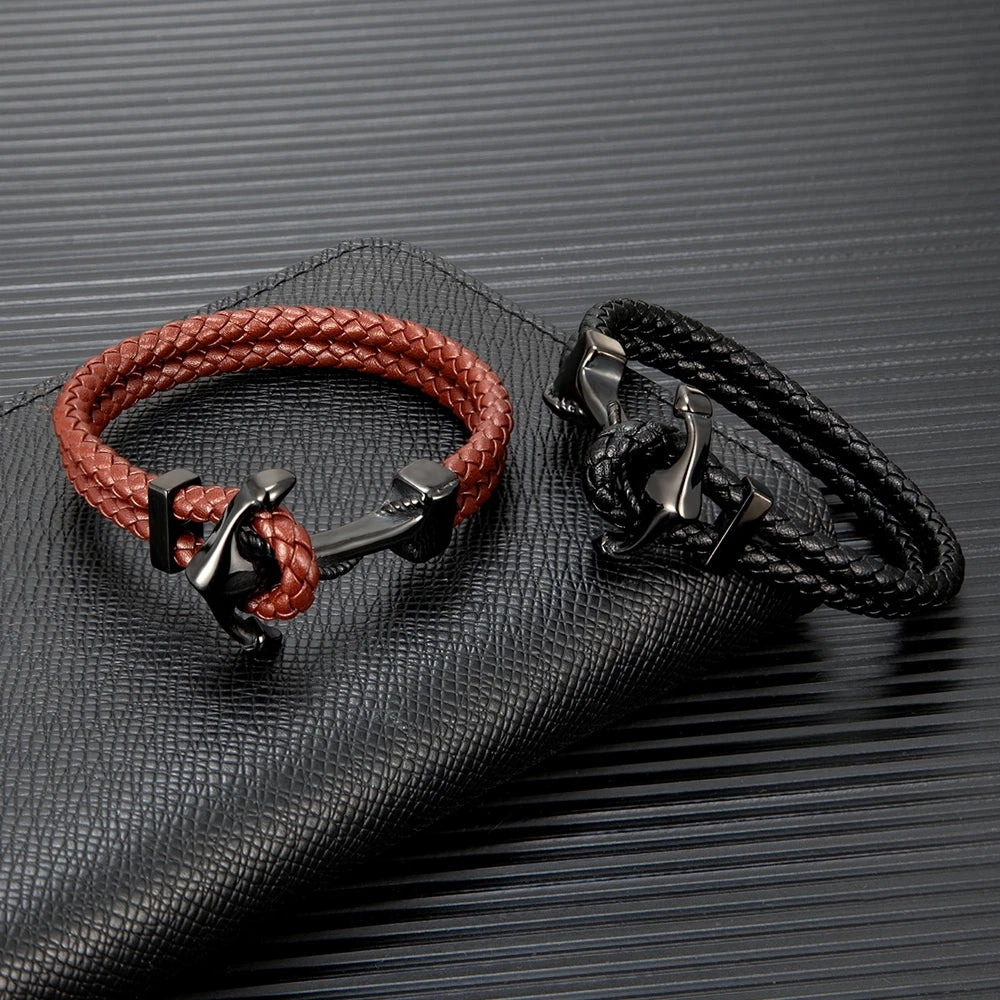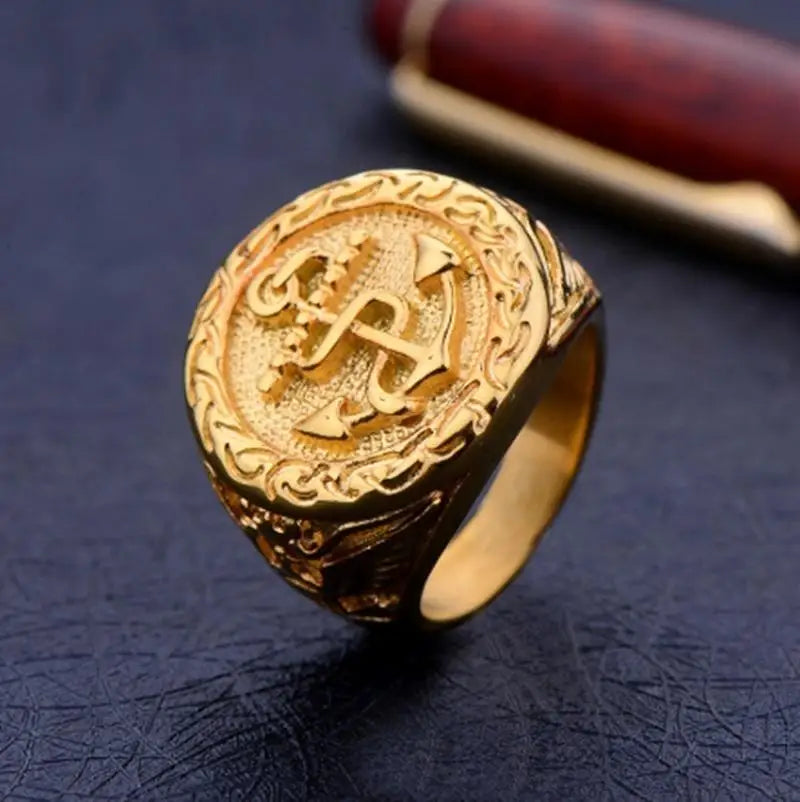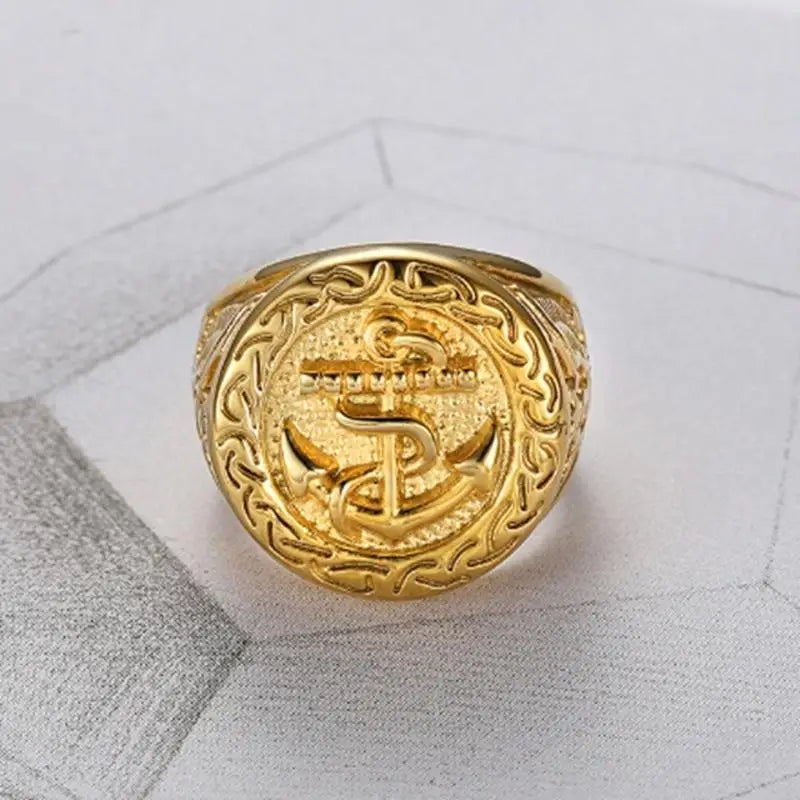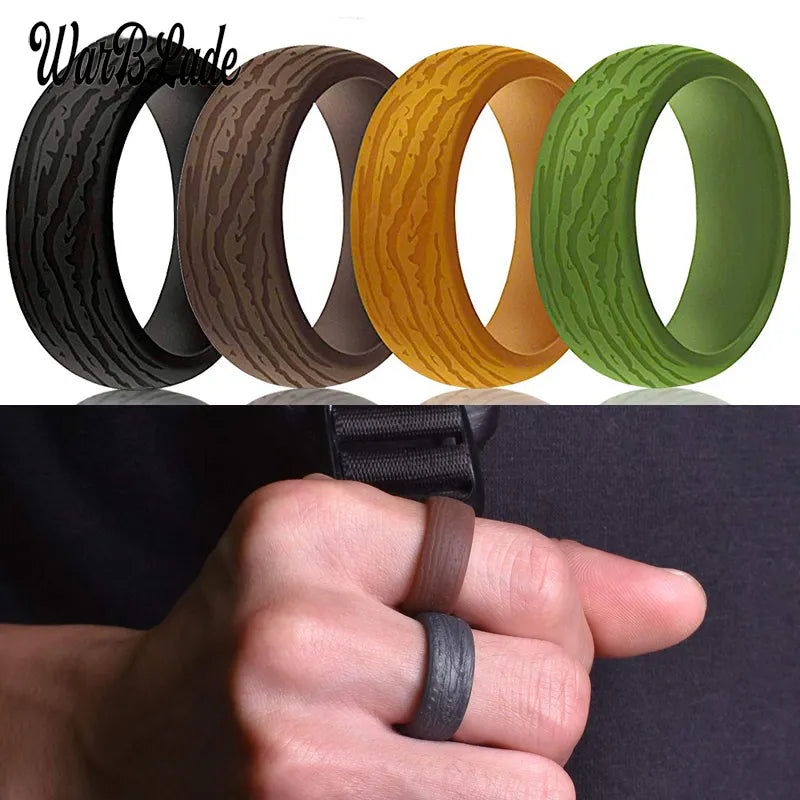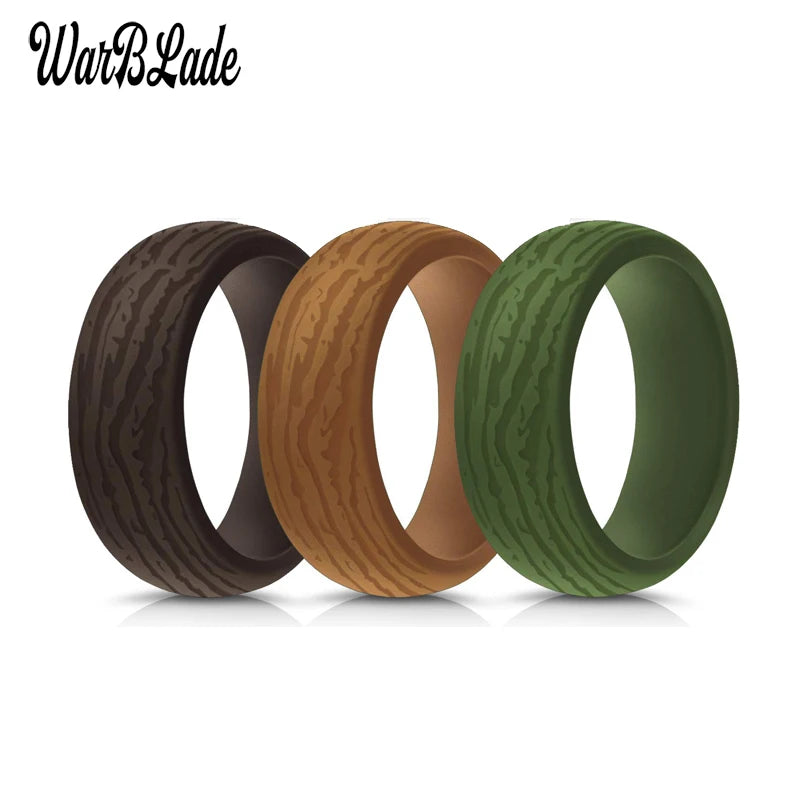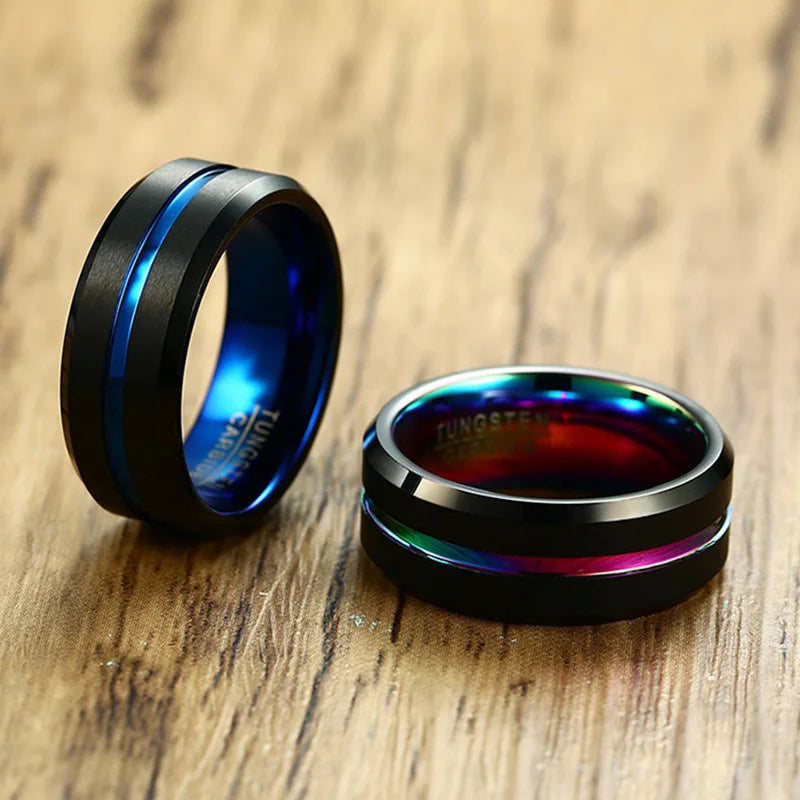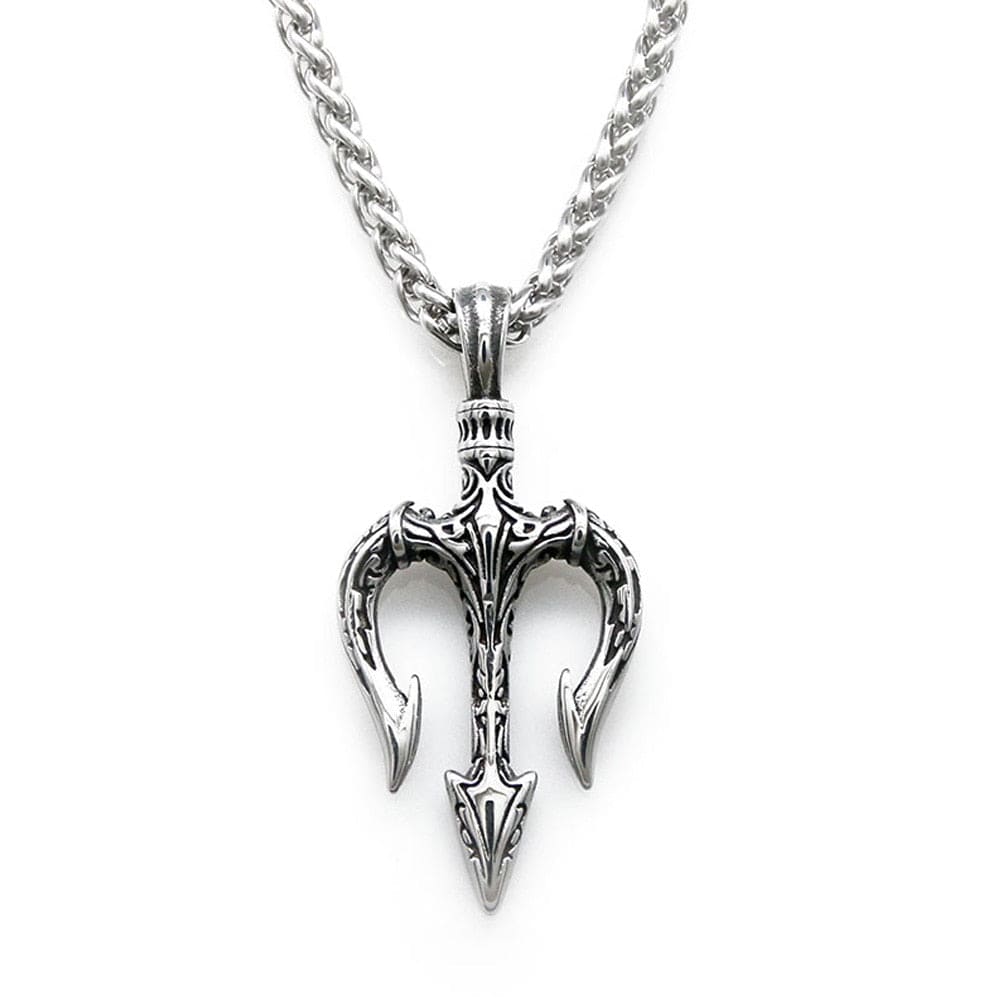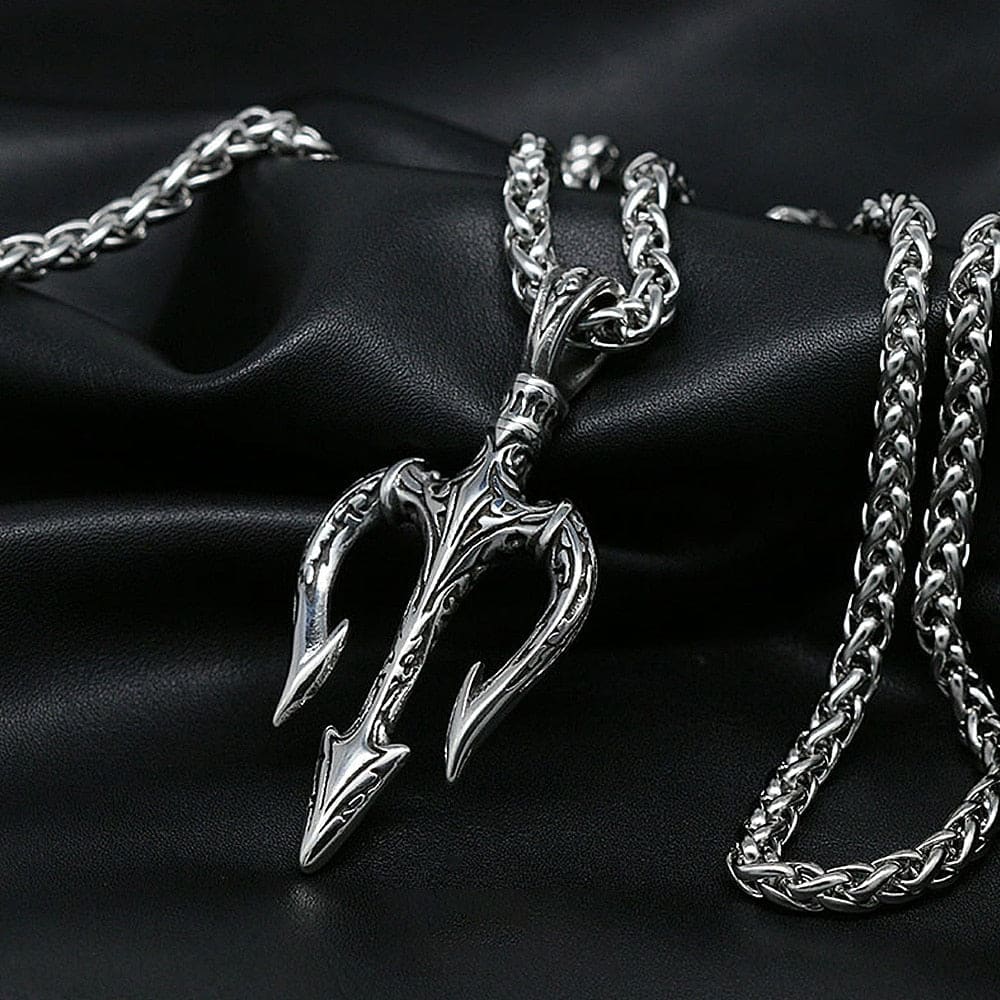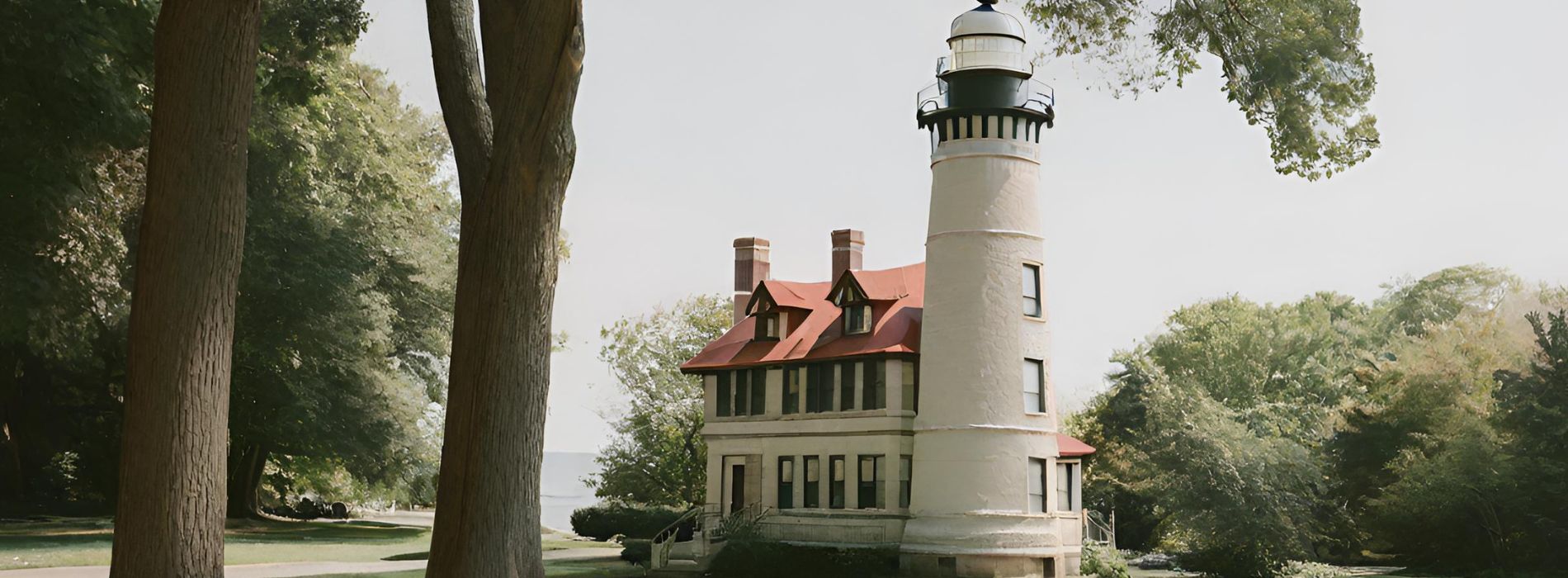The ocean is a magical world filled with captivating creatures, and the Bubble Eye Goldfish is no exception. With its unique appearance and enchanting personality, this fish has captured the hearts of many passionate lovers of the marine world. In this comprehensive guide, we will dive into the captivating world of these strange fishes, exploring their characteristics, care requirements, and the joy they bring to any aquarium.
Table of Contents
- Intro
- Species Summary
- Lifespan
- Appearance
- Size
-
Bubble Eye Goldfish Care
- Tank Size
- Water Parameters
- Setting Up Their Tank
- Common Possible Diseases
- Food & Diet
- Behavior & Temperament
- Bubble Eye Goldfish Tank Mates
- Breeding
- Our last words...
Species Summary

The Bubble Eye Goldfish is a member of the fascinating "Fancy Goldfish" family. These fish have a unique identifying feature that sets them apart from their relatives, their eye bubbles! These fluid-filled sacs give them a quirky and captivating appearance, making them a popular choice for aquarium enthusiasts.
These fishes originated in China, where they were developed through careful cross-breeding of the Prussian Carp. Unlike their wild counterparts, they are exclusively captive-bred and can be found in aquariums around the world. Their distinctive characteristics and captivating beauty have made them a sought-after addition to any aquarium.
Lifespan
The bubble eyes have a typical lifespan of around 10 to 15 years. With proper care, these fish can live even longer, with some individuals surpassing 20 years of age. Their longevity is influenced by various factors, including water conditions and diet. By providing optimal care, you can ensure that your loved one lives a long and healthy life.
Appearance

The most striking feature of Bubble Eye Goldfish is undoubtedly their eye bubbles. Contrary to popular belief, these bubbles are not filled with air but with fluids. The fluid-filled sacs create a mesmerizing effect as the fish swim, providing a unique and captivating appearance. It's important to note that these sacs are delicate and can easily be popped or deflated. However, they have the ability to heal and refill on their own, though the regrown sacs may not return to their original size, resulting in an imbalanced look.
In addition to their eye bubbles, they have other distinctive physical characteristics. They lack a dorsal fin, giving their backs a smooth appearance. However, to compensate for this, they have a double tail that splits into four points. The elongated tail helps provide balance to their round, egg-shaped body. The coloration of Bubble Eye Goldfish can vary significantly, with options ranging from solid gold, orange, red, brown, or white to various combinations and patterns.
Size

When fully grown, these fishes typically reach an average size of about 5 inches in length. Unlike some other Goldfish species, they do not continue to grow beyond this size, making them suitable for smaller aquariums. Their manageable size allows for a comfortable and visually appealing habitat.
Bubble Eye Goldfish Care
Caring for fish requires attention to detail and a specialized environment. These fish have specific needs that must be met to ensure their well-being and happiness. By following proper care guidelines, you can provide the best possible environment for your Bubble Eye to thrive.
Tank Size
The size of the tank is a crucial factor in its care. A minimum tank size of 10 gallons is recommended, but opting for a 20-gallon tank is preferable for their well-being. These creature are not strong swimmers, so providing them with extra space is essential. If you plan on keeping multiple Bubble Eye Goldfish, allocate 10 gallons of space for each fish. It's important to note that small bowls are not suitable for them, as they require more space and produce a significant amount of waste.

Water Parameters
Bubble Eye Goldfish are cold-water fish and prefer relatively neutral water conditions. The optimal temperature range for their habitat is between 65°F and 80°F, with around 72°F being ideal. Maintaining water parameters within this range is crucial for their well-being. Additionally, it's important to monitor and maintain proper pH levels, which should be between 6.0 and 8.0, and water hardness levels between 5 and 19 dKH. Regular water changes are necessary to keep ammonia and nitrate levels low, with a recommended weekly water change of 25%.
Setting Up Their Tank
Creating a suitable habitat for these fishes requires careful consideration of their delicate eye sacs. It's essential to ensure that the tank does not contain any rough objects or jagged surfaces that could rupture or damage the sacs. When selecting substrate, choose medium-sized gravel that is relatively smooth. Bubble Eye often scavenge for food at the bottom of the tank, and the sacs may come into contact with the substrate. Decorate the tank with smooth rocks and plastic decorations, avoiding any objects with rough edges. Live plants, such as Anacharis or Java fern, can be included, but be aware that they may eat or uproot them. Artificial plants made of silk are a suitable alternative. Proper filtration is crucial for maintaining water quality. While powerful canister filters can pose a risk to these creature, an under-gravel filtration system is recommended as it eliminates any exposed components that could harm the fish.

Common Possible Diseases
Like all freshwater fish, they are susceptible to various diseases, including Ich, Dropsy, Swim Bladder Disease, and Skin Flukes. Their delicate eye sacs increase the risk of bacterial infections if the sacs are ruptured. Maintaining optimal water conditions and regularly monitoring the health of your fish can help prevent and address potential diseases. Quarantining affected fish is crucial to prevent the spread of diseases within the aquarium ecosystem.
Food & Diet
These Goldfishes are omnivorous and will eat a variety of foods. High-quality sinking pellets are recommended over floating flakes, as Bubble Eye tend to take in more air when eating. They also enjoy protein-rich foods such as daphnia, bloodworms, tubifex worms, and brine shrimp. These fish are scavengers and will appreciate fruits and vegetables dropped into the tank. Due to their slower swimming ability, it's important to give them more time to eat and feed them several times a day to ensure they receive all the necessary nutrients.

Behavior & Temperament
These goldfishes have a peaceful temperament and get along well with other peaceful species. Their slow swimming ability and delicate eye sacs make them vulnerable to more aggressive or playful fish, so it's important to choose compatible tank mates. They are not aggressive towards snails and can coexist peacefully with them. They spend their days swimming around the tank, exploring their surroundings, and looking for food. Their unique shape, large eye bubbles, and lack of a dorsal fin contribute to their slower and more graceful movements.
Bubble Eye Goldfish Tank Mates
When selecting tank mates for them, it's crucial to choose species that are compatible with their delicate eye sacs and slower swimming ability. Some suitable tank mates include Telescope Goldfish, Celestial Goldfish, Black Moors, and Lionhead Goldfish. Additionally, freshwater aquarium snails can be considered as tank mates, as the bubble eye typically ignore them as long as they are being fed regularly.

Breeding
These Goldfishes are eager to breed under the right conditions. They can be bred in groups, eliminating the need to distinguish between males and females. Creating a separate breeding tank is recommended to protect the eggs from being eaten by the adult fish. Soft plants or breeding mops can be provided for the eggs to attach to. To initiate the spawning process, gradually increase the temperature of the breeding tank from around 60°F to 68°F to 74°F. The males will chase the females, and the females will release eggs that the males quickly fertilize. The eggs will stick to plants or breeding mops and hatch within 4 to 7 days. The fry can be fed infusoria and powdered foods until they are ready for flakes. The iconic eye sacs will start to develop at around 6 months of age.
if you are interested to found good mate for your goldfish, check out their family !
Our last words...
They are truly enchanting creatures that bring joy and fascination to any aquarium. While their care requirements demand attention to detail, the rewards of providing them with a suitable environment are immeasurable. By following the guidelines outlined in this comprehensive guide, you can create a captivating habitat for your Bubble Eye Goldfish and ensure their well-being and longevity. Explore the depths of the ocean world and embark on a journey with these mesmerizing fish.
We hope you've liked this article about the Bubble Eye Goldfish!
Feel free to subscribe to our private newsletter to receive more exclusive article. You will also receive a 10% bonus discount for our sea world catalogue. You will be notified via email whenever we release a new wonderful jewelry piece of the ocean.
Feel free also to go check out our website, we provide the best sea content and we offer you the best nautical jewelry all around the globe !

